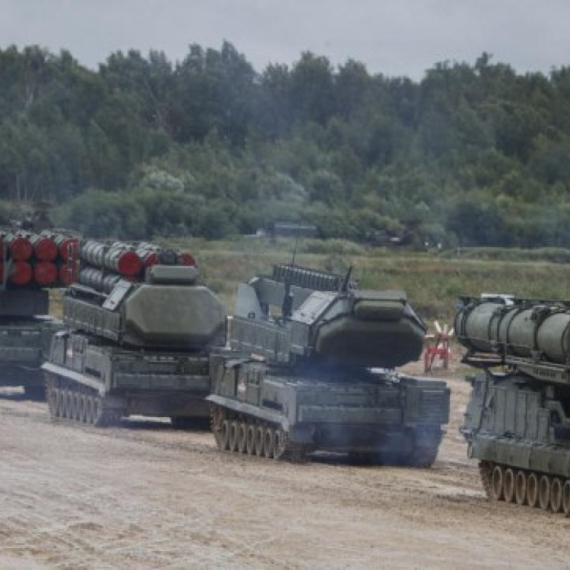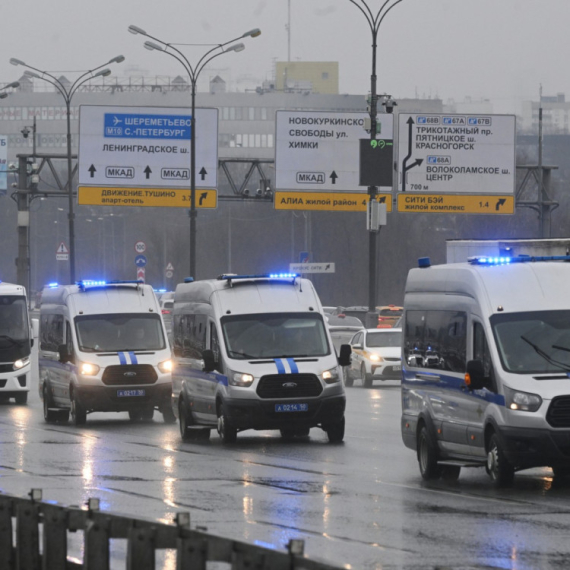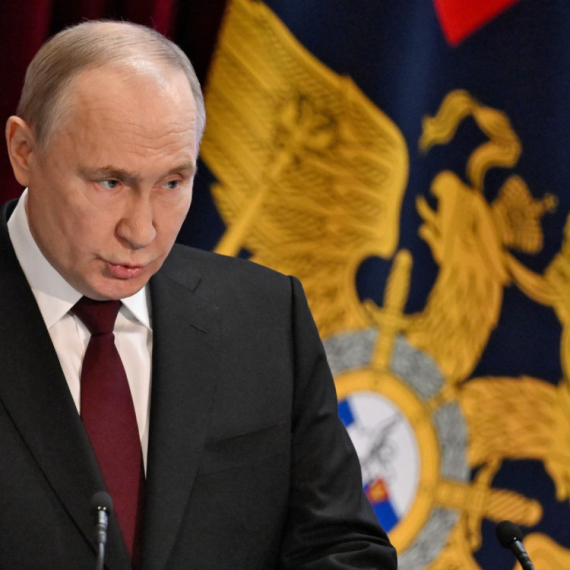EU report benign, say analysts
The European Commission has shown benevolence towards Serbia in its annual report released in Brussels on Wednesday.
Thursday, 09.11.2006.
18:22

EU report benign, say analysts
The EC report "presents realistically the situation in our country," said Dušan Janjić, director of the Fund for Ethnic Relations. It shows that "the European Union at this moment is not ready to make a firm promise on enlargement, particularly not to Serbia," he added."One must be realistic and say that we can’t join EU overnight, perhaps not in the next twenty years, but it is in the interest of Serbia to apply European standards," Janjić told Tanjug news agency.
Jovan Teokarević, director of the Belgrade Center for European Integration - an EU backed institution aimed at strengthening peace, democracy, human rights and the economy in the countries of South Eastern Europe - said that the content of the report had been presaged by recent comments from European Union officials. "Serbia will have to do a lot more on the process of European integration," he said.
Former foreign minister Goran Svilanović, currently an official of the Pact for Stability in Southeast Europe, said that EC report showed "benevolence, but contains homework which our country must fulfill."
"I have a feeling that they wanted to encourage Serbia, saying –finish the work with the Hague and you can sign the agreement," said Živorad Kovačević, president of the European movement in Serbia.
There was no immediate reaction from the Serbian government and from politicians.
The European Commission report said that Serbia has made progress in all spheres: its economy, administration, legal system and the area of security. Cooperation with the International Criminal Tribunal for the Former Yugoslavia (ICTY) remains the key obstacle to the signing of a Stabilization and Association Agreement (SSA) - the first step on the long road to EU membership, the report.
The EU executive praised Serbia's adoption of a new constitution; besides reaffirming Serbia's claims over Kosovo, the constitution puts an end to the so called "social ownership," inherited from the socialist era and puts an emphasis on private property and the market economy.
The European Commission report also praised the establishment of civilian control over the army and said "the legal framework for Serbia's public administration is now in harmony with general European standards."
But the EU executive stated that Serbia's police and security forces needed further reforms and that the remaining six individuals indicted for war crimes by the ICTY who are still at large must be arrested and handed over to the court.
Topping the list of fugitive Hague indictees are wartime Bosnian Serb leader Radovan Karadžić and his general Ratko Mladić. Belgrade claims it has no knowledge of their whereabouts, but the Hague chief prosecutor Carla Del Ponte claims Mladic is hiding in Serbia. The EU broke off pre-entry talks with Belgrade at the start of May, after the Serb government failed to meet a 30 April deadline to arrest Mladic and hand him over for trial.
The EC report “presents realistically the situation in our country”, said Dušan Janjić, director of the Fund for Ethnic relations and a leading analyst. It shows that “the European Union at this moment is not ready to make a firm promise for the enlargement, particularly not to Serbia,” he added.








































Komentari 0